The County budget
This week Shelby County Mayor Lee Harris presented his FY24 budget proposal, which features infrastructure spending plans for Regional One and school buildings.
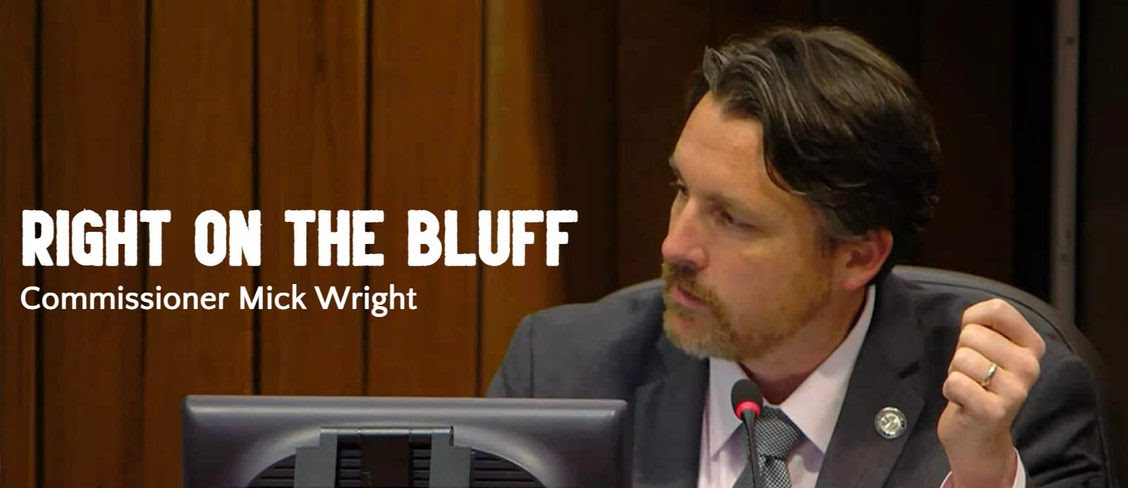
This week Shelby County Mayor Lee Harris presented his FY24 budget proposal, which features infrastructure spending plans for Regional One and school buildings.
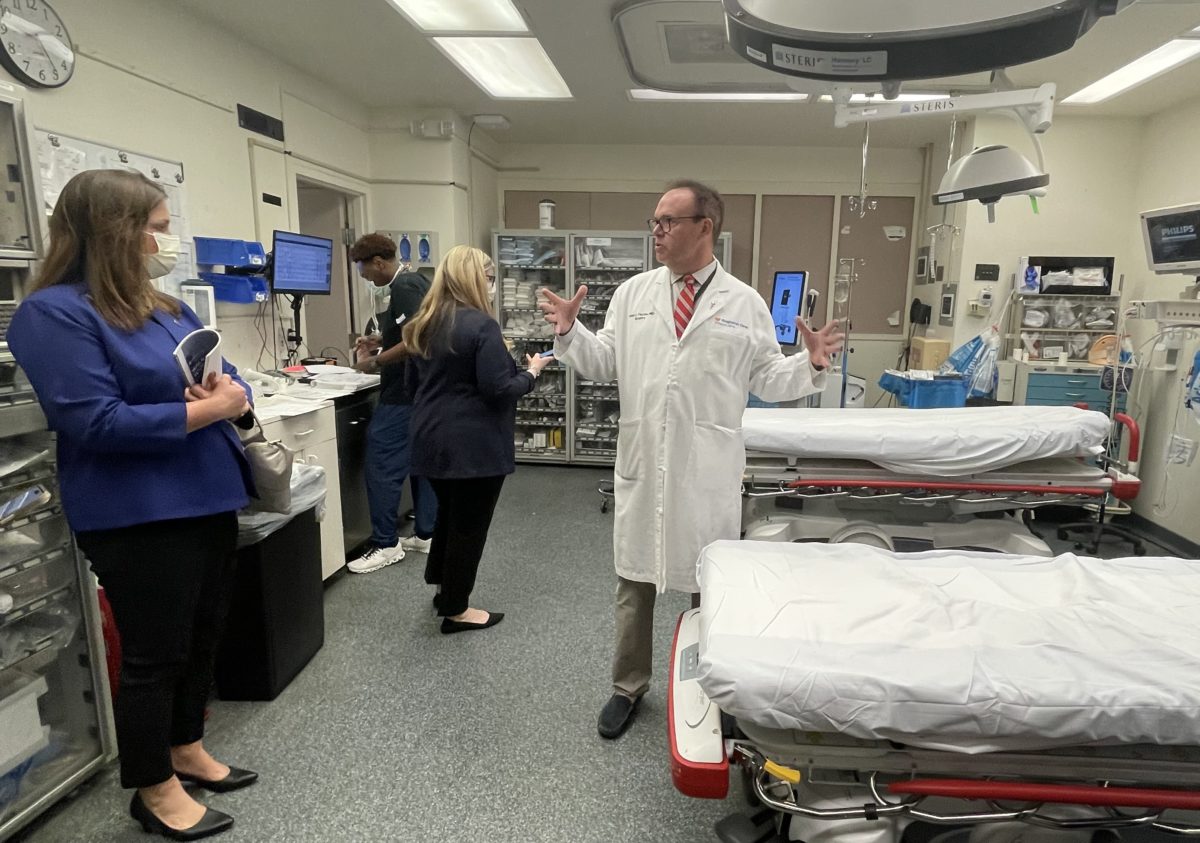
This week Shelby County Mayor Lee Harris presented his FY24 budget proposal, which features infrastructure spending plans for Regional One and school buildings.
But the story did not begin this week. Some context is needed.
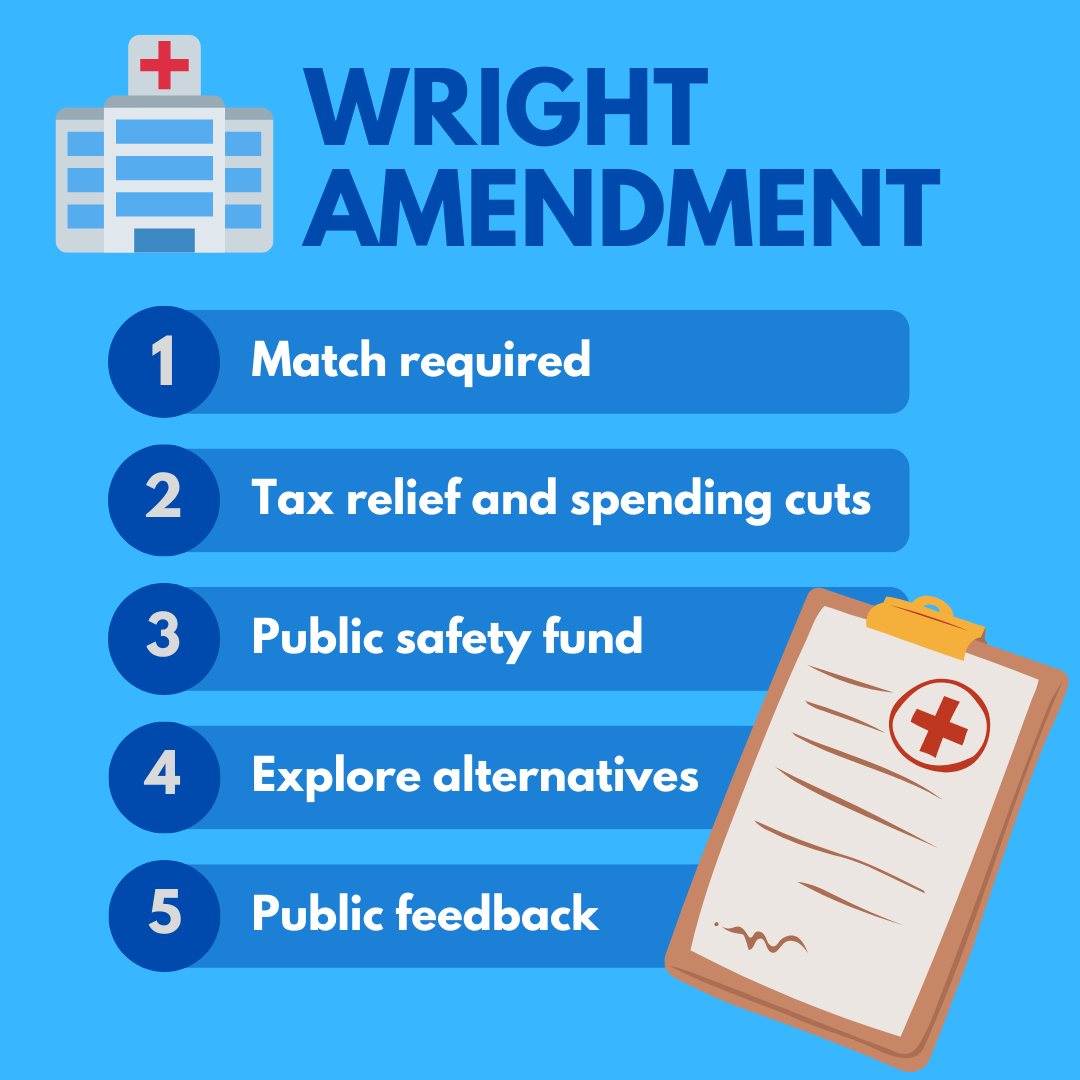
On Wednesday, Shelby County Mayor Lee Harris will present his budget proposal, expected to include a funding plan to renovate the Regional One trauma center.
With an unanimous vote last month, the board asked Mayor Harris to do so, while also approving an amendment I proposed, which itemized five conditions for moving forward:
1. Before another dime goes to Regional One, the county must secure match funding from the state or other sources.
2. If there are increased fees, the budget must also include property tax relief as well as spending cuts.
3. The proposal must include a Public Safety Fund (to pay for the action steps itemized in the Crime Commission’s safe community action plan, as previously discussed here).
4. The administration must perform an exhaustive search for alternatives to a wheel tax increase.
5. The mayor must take the plan on the road and share it with citizens, so the public knows what is being proposed.
Here’s what the text of the amendment looked like:
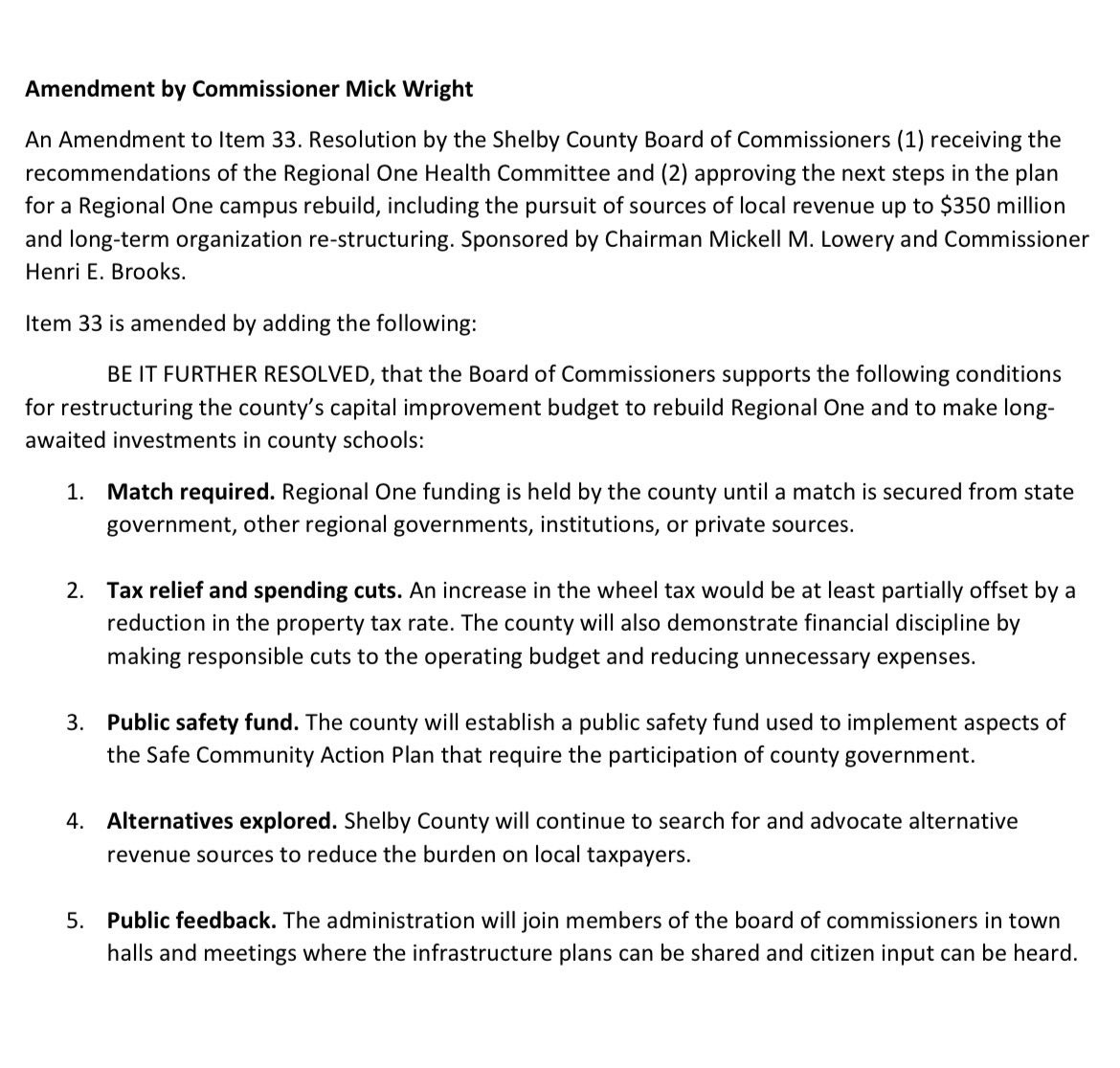
More to come.

This month brought another chapter in the Shelby County Clerk saga.
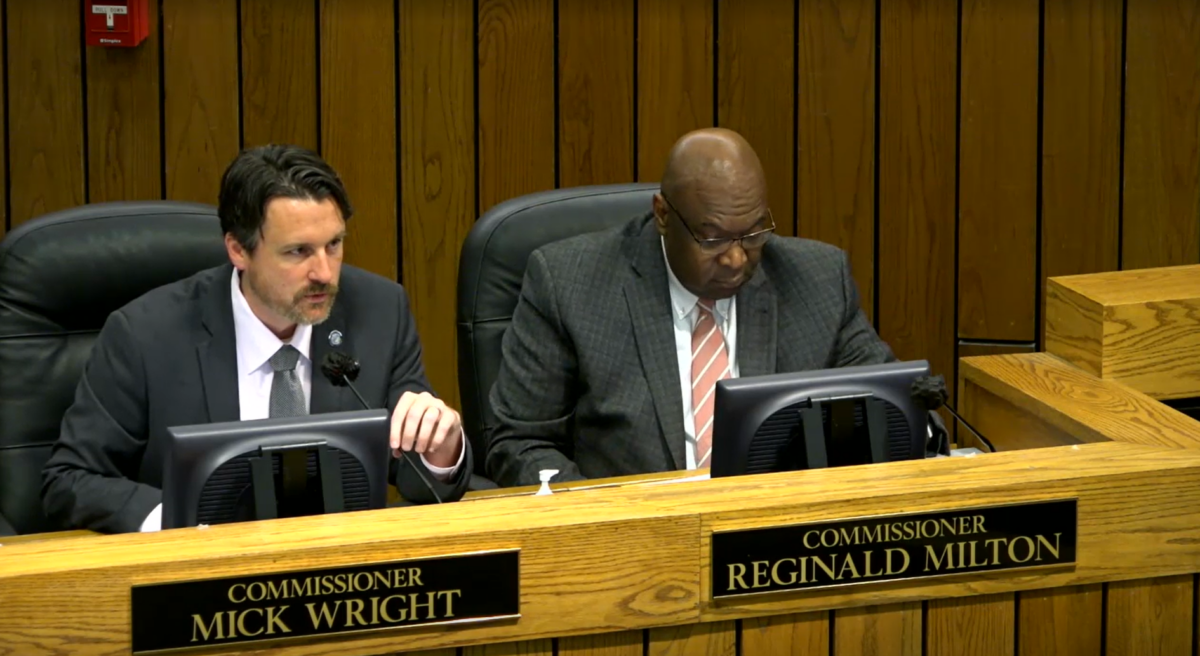
This week the Shelby County Commission considers two ordinances drafted by a police reform group and sponsored by Commissioner Britney Thornton.
The first is an ordinance “to request that the Shelby County Sheriff’s Office disbands and discontinues future use of all Sheriff’s Office specialized units and task forces and ends participation in multi-jurisdictional and multi-agency task forces.”
The second is an ordinance “requesting the Shelby County Sheriff to: 1) ban biased traffic stops and the use of pretextual traffic stops for low-level violations; 2) limit searches, questioning, and the use of unmarked vehicles; and 3) bar surveillance as an alternative to pretextual traffic stops.”
Neither ordinance would appear to have force beyond making a suggestion to the Shelby County Sheriff, who is separately elected.
However, the Memphis area remains in the grip of a crime crisis, and these suggestions present a risk of signaling that law enforcement should back away from strategic efforts to ensure public safety.